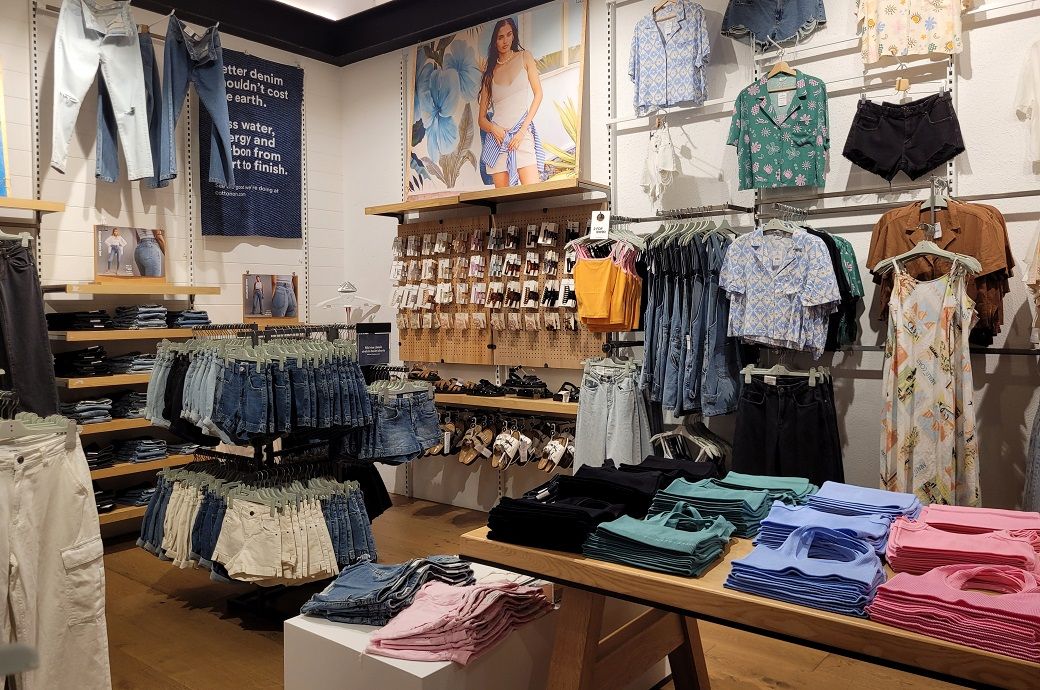
Although confidence remained low, the survey indicated robust current conditions in the retail sector despite recent months' weakness in leading indicators. Notably, labour cost growth surged, reflecting wage rises effective from July 1, including minimum and award wage changes. This trend was also possibly influenced by rising energy prices, evidenced by a further increase in purchase cost growth in July, as per NAB’s survey.
The overall price growth lifted as well, with retail price growth jumping to 2.6 per cent on a quarterly basis. However, the underlying respondent-level data revealed that the relationship between cost increases and price rises isn't straightforward. Many firms reported significant increases in labour costs but no change in prices.
Despite improvements in the second quarter (Q2) consumer price index (CPI) release, the survey results underline that upside pressures to inflation remain substantial. Business conditions eased by one point to 10 index points in July, while trading conditions, employment, and profitability remained steady. By industry, retail conditions strengthened (up 7 points), but manufacturing remained the weakest at 4 index points.
Statewise, conditions declined in Victoria (down 12 points) and WA (down 9 points), but SA (up 25 points) and Tasmania (up 16 points) saw significant improvements. Business confidence rose 2 points to 2 index points.
Leading indicators saw slight strengthening, with forward orders up 1 point to minus 1 index points and capacity utilisation rising 0.9 percentage point to 84.5 per cent. Price and cost growth rose sharply, with labour cost growth escalating to 3.7 per cent and purchase cost growth to 2.6 per cent in quarterly terms. Final price growth reached 2 per cent, with retail prices elevating to 2.6 per cent.
Fibre2Fashion News Desk (DP)